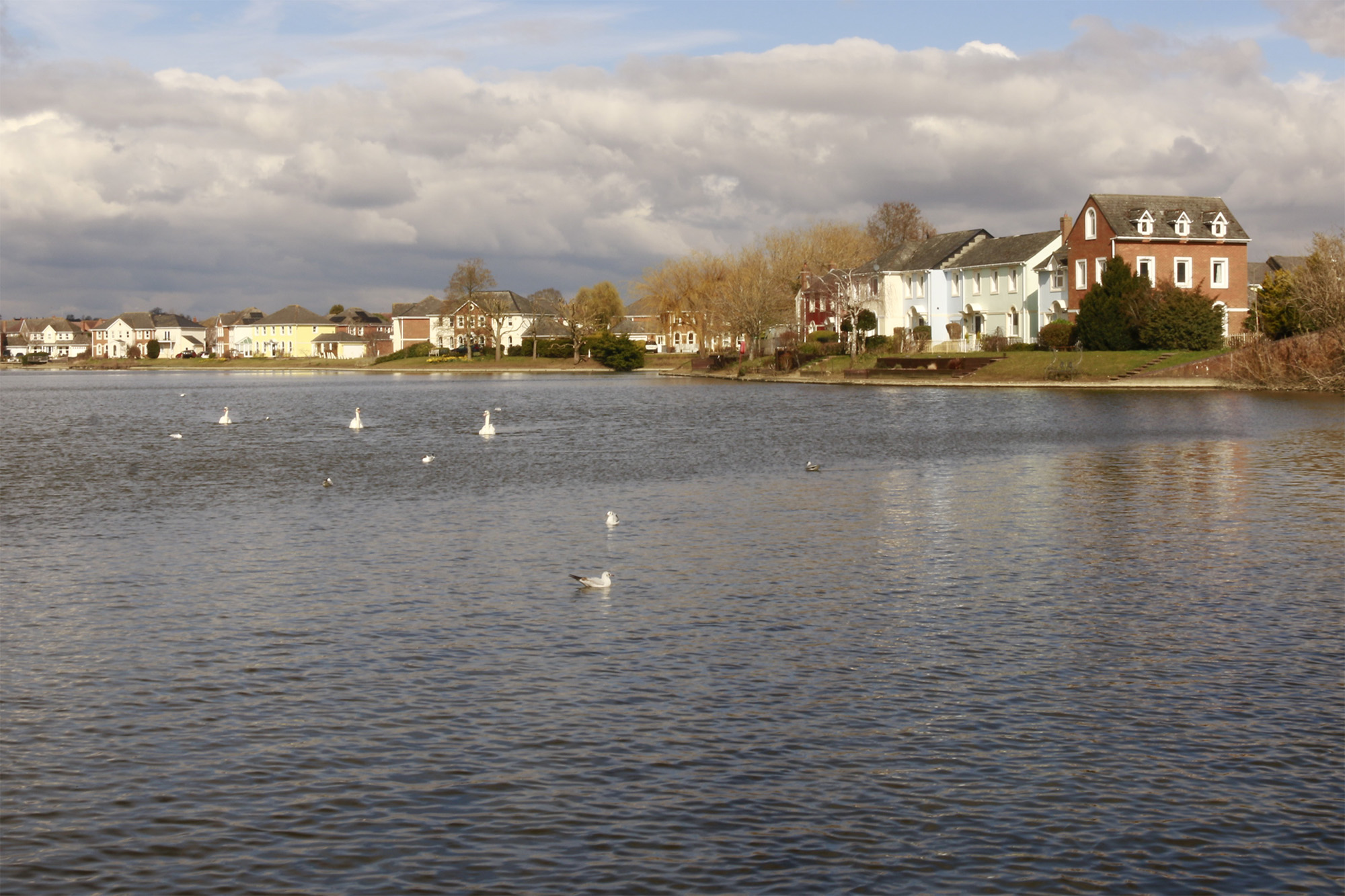

The Oxford to Cambridge growth corridor is one of the most seriously water stressed area in the country, yet it continue to be recognised by successive governments for its strong potential for growth and innovation. Supporting sustainable growth in this region depends on a healthy, thriving environment. You recognise this challenge and are committed to managing the system in a more holistic way.
This study explored how spatial local planning can support these goals. We looked at how water is currently considered in the planning system and identified ways local policies can be improved. Delivering better outcomes for water will rely on robust evidence, policy influence, early and strategic engagement, coordinated planning and effective policy influence.